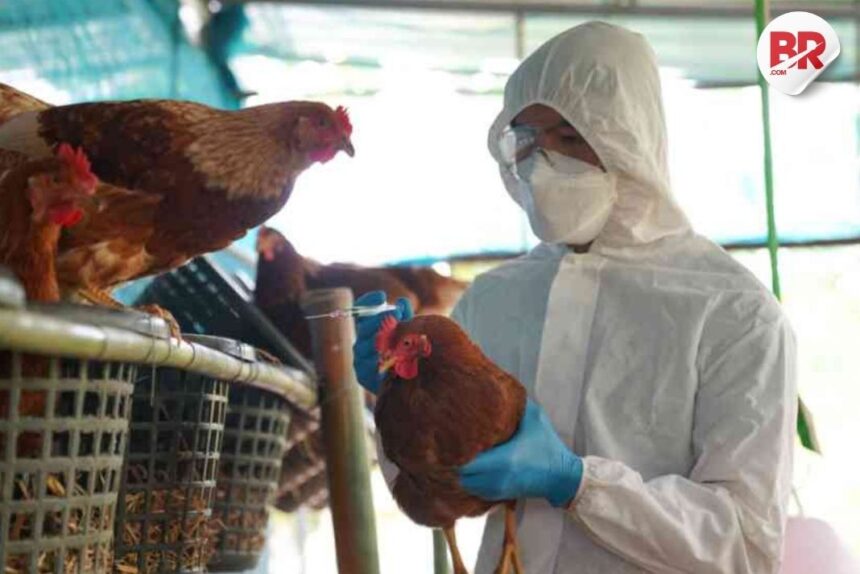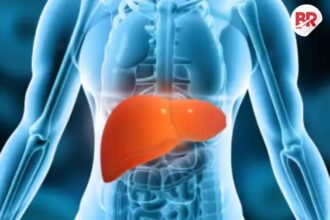
A new editorial in the American Journal of Public Health warns that many people in the U.S. don’t know enough about bird flu—or don’t care enough—which could make it harder to stop the virus from spreading.
The article was written by a team of researchers from the CUNY Graduate School of Public Health and Health Policy (CUNY SPH), including Professor Rachael Piltch-Loeb and other experts. They conducted a survey of Americans from August 5 to 15, 2024, including many people from rural areas.

Key Findings from the Survey:
- Lack of Awareness: Over half of the people (53.7%) didn’t know that pasteurized milk (which is heated to kill germs) is safer than raw milk.
- Some Good Knowledge: About 71.3% knew that cooking meat at high temperatures can kill harmful bacteria and viruses like bird flu (H5N1).
- Unwilling to Change Habits: Around 27% of people said they wouldn’t change their diet to avoid the virus.
- Vaccine Hesitancy: 28.7% said they wouldn’t take a vaccine for H5N1, even if the CDC recommended it.
Read More: Say Goodbye to Cancer Risk with These 10 Easy, Life-Changing Habits!
Political and Rural Divide:
- People who identified as Republicans or Independents were less likely to support vaccines or diet changes than Democrats.
- People living in rural areas, especially those near farms or livestock, were also less willing to follow health recommendations compared to city residents.
Dr. Piltch-Loeb, the lead author, said, “These attitudes make it harder to stop the virus. Because beliefs differ by politics and location, we need different ways of sharing health information with different groups.”
Health communication expert Kenneth Rabin added that working with farmers, food companies, and rural communities will be very important. He also mentioned that many farm workers who are most at risk might be undocumented, which could make it harder to track and stop the spread of the bird flu virus.
In short: Public misunderstanding and unwillingness to follow safety advice—especially in rural areas—could make it much harder to prevent a bird flu outbreak in the U.S.












